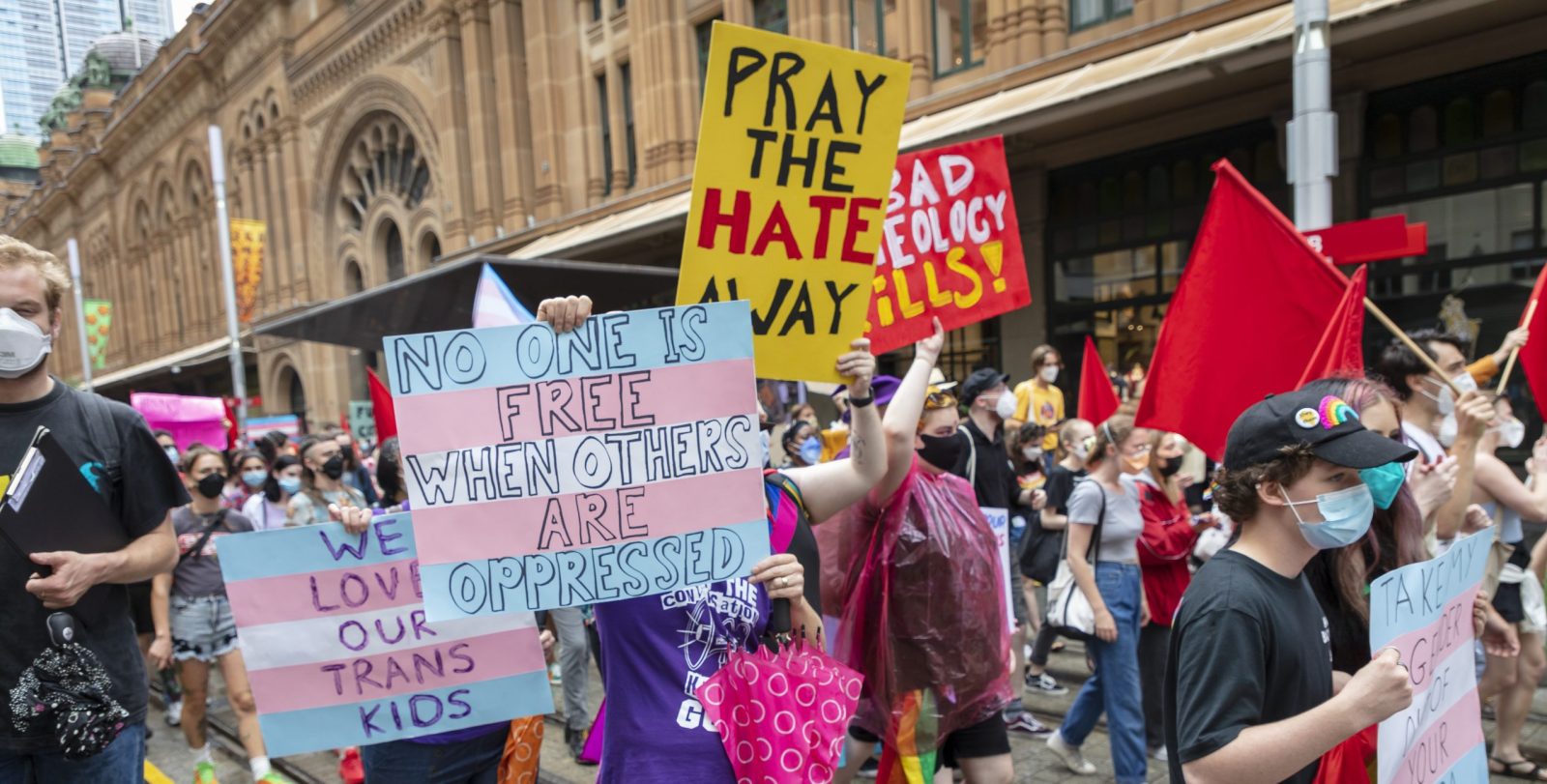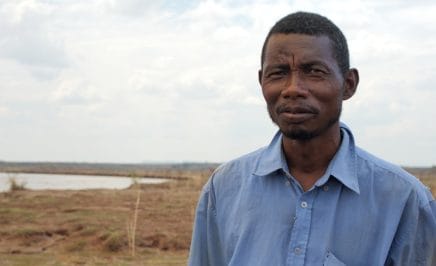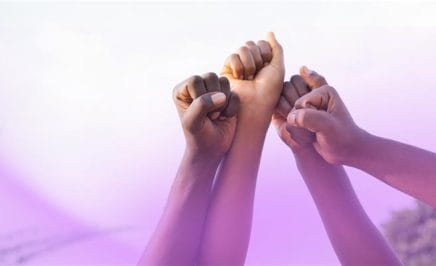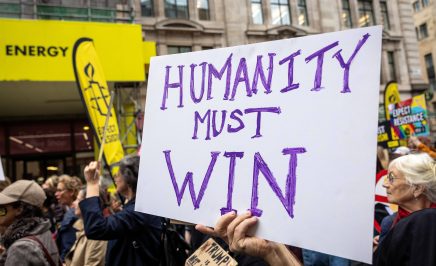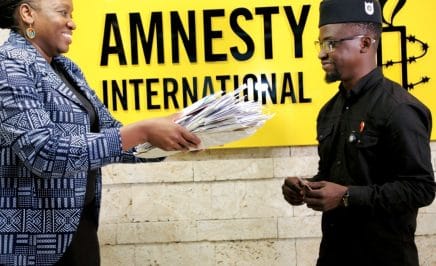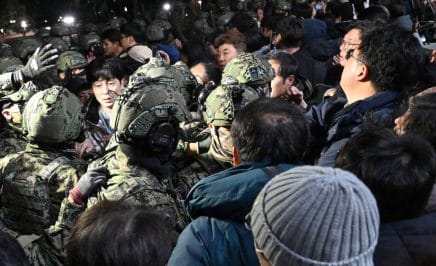Human rights are the fundamental freedoms and protections that belong to every single one of us. Our human rights are enshrined in a document called the Universal Declaration of Human Rights (UDHR), created by representatives at the United Nations (UN) after World War II.
There are 30 articles in the UDHR. 30 rights for everyone on this planet.
The very fact that you’re a human being grants you these rights. Yet, while we’re all human, so many of us live without human rights.
Spotlight on The Right to be Free From Discrimination
Article Two in the UDHR states:
“You should never be discriminated against for any reason. Rights belong to all people, whatever our differences.”
Unfortunately, while this is a universal human right, many people across the world experience discrimination because of their differences every day. Even right here in Australia.
We like to think of Australia as giving everyone a “fair go.” Unfortunately, that’s far from the reality. People in Australia are discriminated against based on their gender, their sexuality, their race and their culture. Here are some ways that Article Two of the UDHR has not been applied to everyone equally within Australia:
Overrepresentation of First Nations Children in Prison
First Nations people comprise just 2% of Australia’s population. Despite this, they make up 26% of the Australian prison population. That makes Aboriginal and Torres Strait Islander people the most incarcerated population in the entire world.
What makes it worse, is that Australia also has one of the lowest ages of criminal responsibility in the world. The age of criminal responsibility is the age at which someone can be arrested or sent to prison. Most countries have set their age of criminal responsibility in line with UN recommendations, which is 14 years old.
In 2023, Tasmania became the first state or territory in Australia to raise the age of criminal responsibility to 14 years old. The Northern Territory and the Australian Capital Territory raised the age of criminal responsibility to 12 earlier this year, with the ACT committing to raise the age to 14 years in the next 2 years. Victoria has also committed to raising the age to 12 in 2024 and to 14 by 2027.
The children most impacted by this cruel standard are First Nations children. First Nations kids are 26 times more likely to be locked up than their classmates. When children come into contact with the criminal justice system, they enter a cycle of trauma, harm and violence. Sending children to prison actually makes them three times more likely to reoffend.
That’s why Amnesty International Australia has been campaigning for the Australian government to raise the age since 2018. We’re also asking the government to fund alternatives to sending kids to prison – alternatives that have actually been proven to reduce rates of reoffending. That solution is justice reinvestment, and you can add your voice to tell the government that solutions to prison already exist, and they work.
Access to Abortion
In June 2022, the United States Supreme Court overturned Roe V Wade, a landmark court case from 1973 that saw abortion decriminalised across the US. When the right to safe abortion was stripped away in 2022, people around the world were dismayed at what this meant for women’s rights.
While many Australians were shocked and condemned the US, the fact is that abortion was only fully decriminalised in Australia 2021. New South Wales only decriminalised abortion two years prior to that, in 2019. In Western Australia, though abortions are legal, they still remain in the state’s criminal code and many people have to fly interstate for the procedure.
Reproductive healthcare also remains grossly underfunded. Abortions are only available at public hospitals in South Australia and the Northern Territory. That means someone in South Australia could access an abortion for free in a public hospital, but someone in Perth might fly across the country, and pay thousands of dollars for one.
Surgical abortion is also mostly available only in urban areas. So people seeking abortion in regional Australia face increased costs and more barriers to access – a disparity even greater for First Nations people.
While shock and dismay at the reversal of Roe V Wade is warranted, reproductive rights in Australia are not as strong as many people assume they are. The right to abortion is a human right. The right to safe, affordable and accessible abortions is the right to be free from discrimination based on your gender, your socioeconomic situation, and based on where you live.
Amnesty International Australia has been campaigning to protect safe abortion in Australia. We are asking the government to work with states and territories to harmonise laws concerning abortions and to fund reproductive healthcare so that abortions are available and accessible to those who need them.
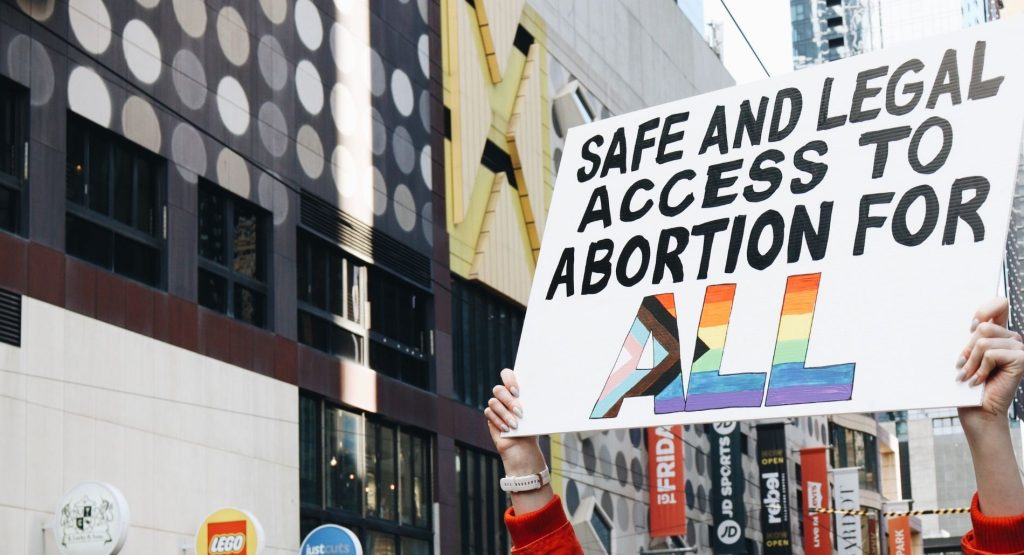
Trans people in sports
In June 2022, the international federation for swimming and water sports, FINA, ruled that they would be introducing an exclusionary policy that effectively bans trans women and some intersex women from competing.
The policy violates the human rights of trans and intersex athletes, and is discriminatory and not based in scientific evidence. Sports is an integral part of Australian culture, and according to Article 2 of the UDHR, we should all be allowed to participate regardless of our differences.
The Australian Human Rights Commission has developed guidelines for the inclusion of transgender and gender diverse people in sport which remind us that exclusion of people from sports based on their gender identity is unlawful and discriminatory. FINA’s decision does not adhere with the Commission’s guidelines, and it is not in line with the basic human rights outlined in the UDHR.
A letter from Amnesty International Australia has called on all sporting associations to adhere to the AHRC’s guidelines and to respect the human rights of trans and intersex people in Australia.
LGBTQIA+ People in the 2021 Census
Every five years everyone in Australia has the chance to fill out the Census. The Census is an important opportunity for the government to understand what the community needs, particularly in relation to health and mental health services, education and community and social services. It’s one way that we can let the government know whether or not we feel our human rights are being met.
However, the 2021 Census failed to include questions about sexual orientation, gender identity and variations in sex characteristics. LGBTQIA+ people are more likely than the rest of the population to experience discrimination, bullying and abuse and are significantly more at risk of suicide, self-harm and mental health impacts as a result. Failing to capture LGBTQIA+ people in Census data can have a serious impact on people being able to access potentially life-saving services while feeling safe and respected with healthcare providers.
Being able to access life-saving services without fear of discrimination is a human right. Healthcare, safety, and a good quality of life are human rights. Excluding the LGBTQIA+ community from the Census is an infringement on multiple articles in the UDHR, but especially Article Two.
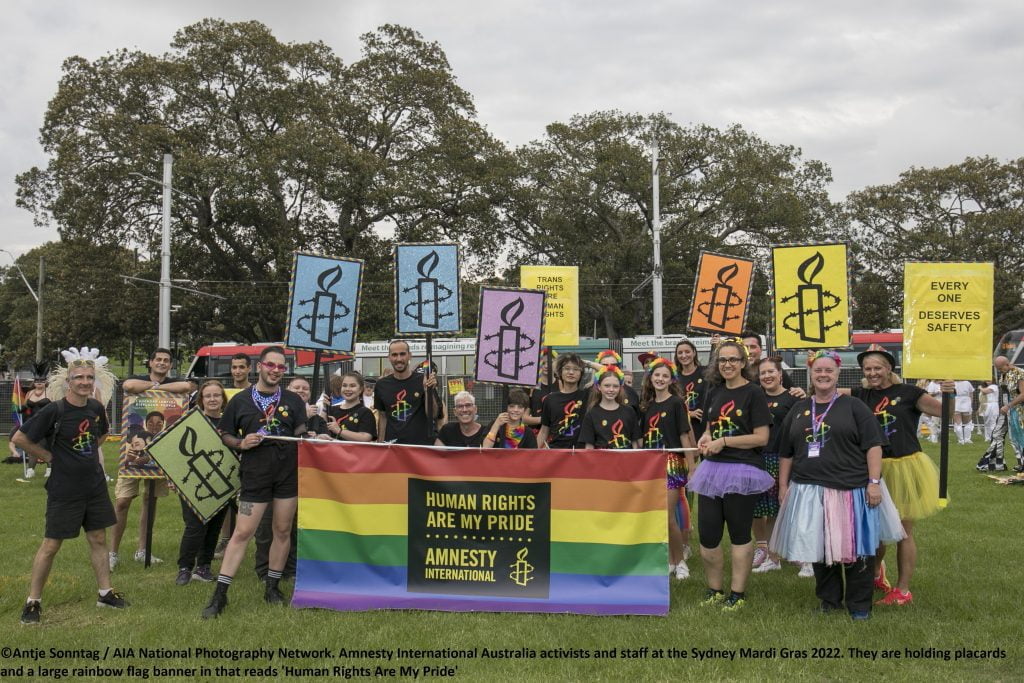
How do we protect our human rights in Australia?
Everyone is entitled to living a life free from discrimination. The reason these infringements on our human rights are allowed to occur in Australia, and the reason that there’s very little those affected can do about it, is because Australia is the only liberal democracy without a Human Rights Act that protects our human rights in law. This enables governments and powerful corporations to disregard our human rights when they create laws, implement policies, and deliver services.
Enshrining our human rights in law would safeguard them, and give us the tools to fight for them when they’re disrespected. And for the first time in nearly a decade, we have the chance to make this happen.
Act now and help us make a national Human Rights Act a reality that would ensure a better quality of life for all Australians, so that they can live free from discrimination – just as they have the right to do.
